Cross Curricular
A Cross-curricular approach is very popular in Foundation Stage and Key Stage 1 classrooms and can be extremely successful. However the teacher must be careful to ensure that the activities are planned to develop and encourage an understanding of historical concepts and historical skills - not just using a historical context for the learning. Teachers must ensure progression in all areas of the curriculum so tenuous links should be avoided.
Sort by:
Date (Newest first) | Title A-Z
Show:
All |
Articles |
Podcasts |
Multipage Articles
-
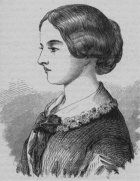
OFSTED, primary history and creativity
ArticleClick to view -

Planning with literacy
ArticleClick to view -

Pride in place: What does historical geographical and social understanding look like?
ArticleClick to view -
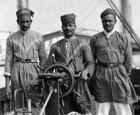
Teaching diversity through drama
ArticleClick to view -

Teaching famous people at key stage one
ArticleClick to view -

The Great Fire of London and the National Curriculum
ArticleClick to view -

The History around us: Local history
ArticleClick to view -

The wheels (and horses…) on the bus
ArticleClick to view -

Thematic or topic based whole school curriculum planning
ArticleClick to view -
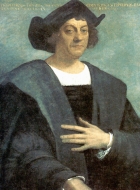
Thinking about questions to ask a sailor who knew Christopher Columbus
ArticleClick to view -
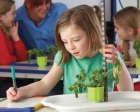
Using 'Development Matters' in the Foundation stage
ArticleClick to view -
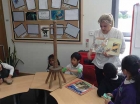
Using role-play to develop young children’s understanding of the past
ArticleClick to view -
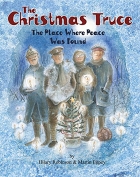
WWI primary book reviews: The Christmas Truce and Where the Poppies Now Grow
ArticleClick to view -

What are the reasons for linking art and history?
ArticleClick to view -

Why stories?
ArticleClick to view

